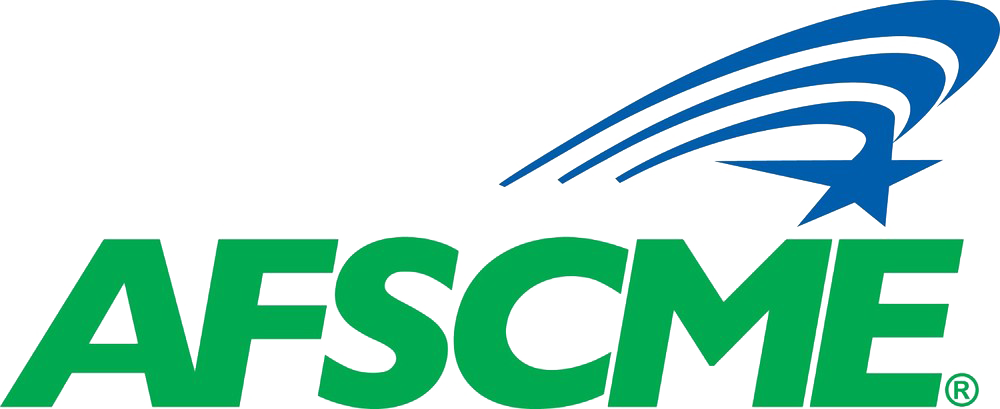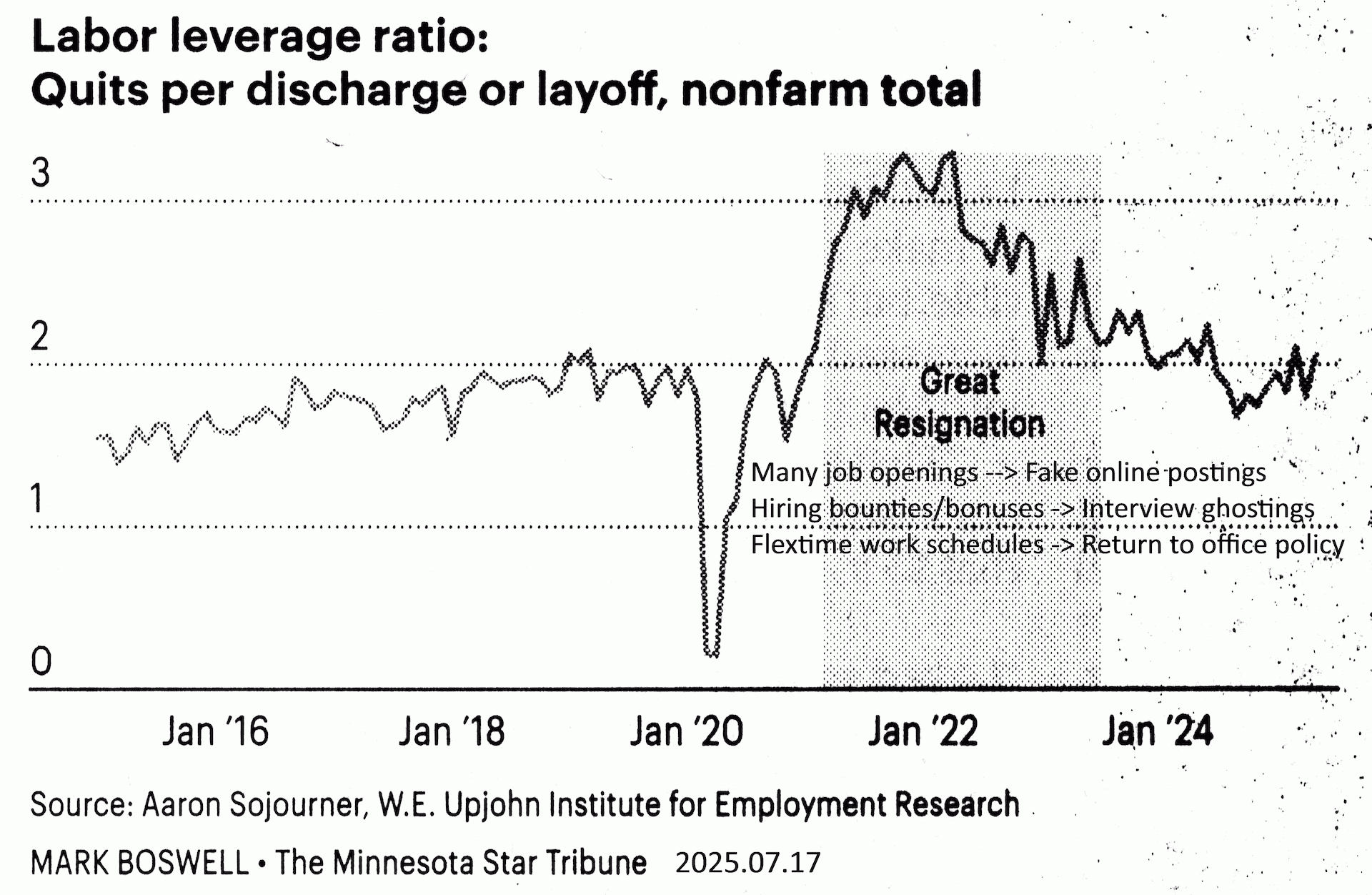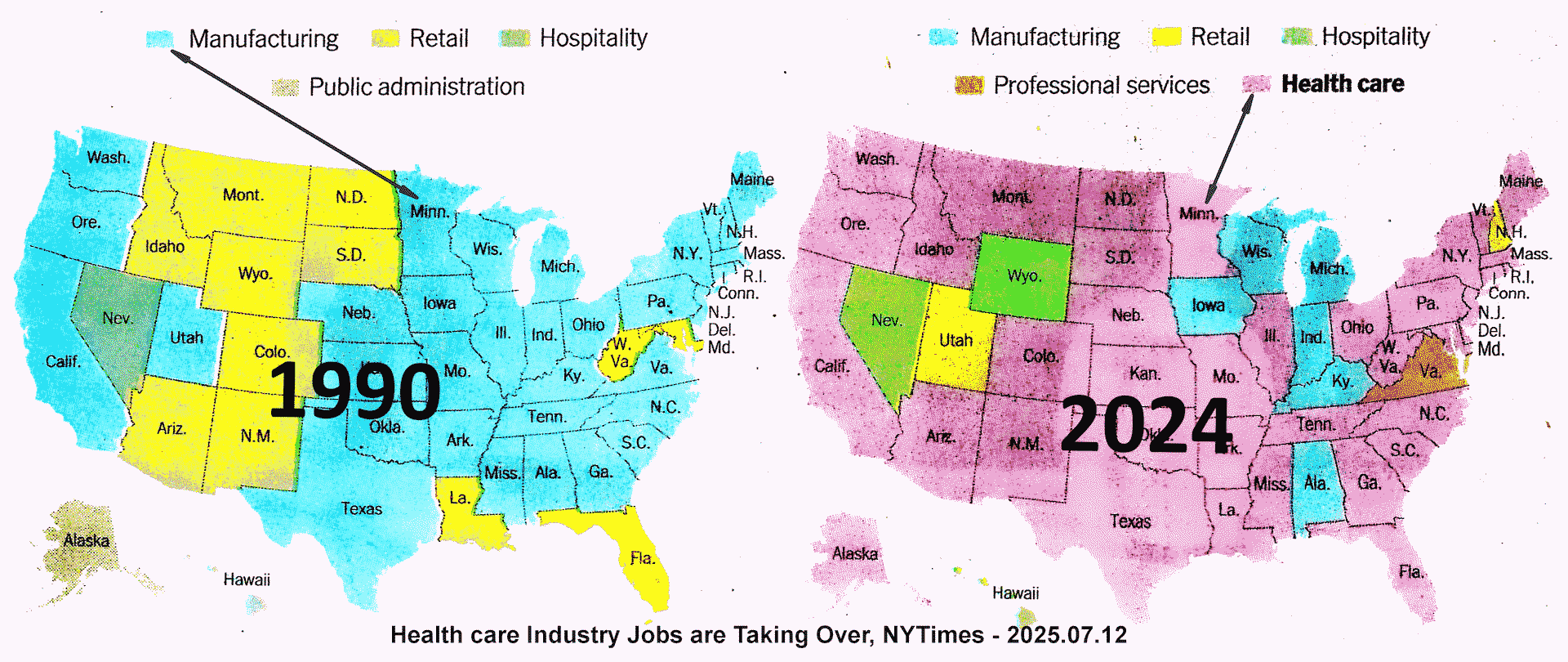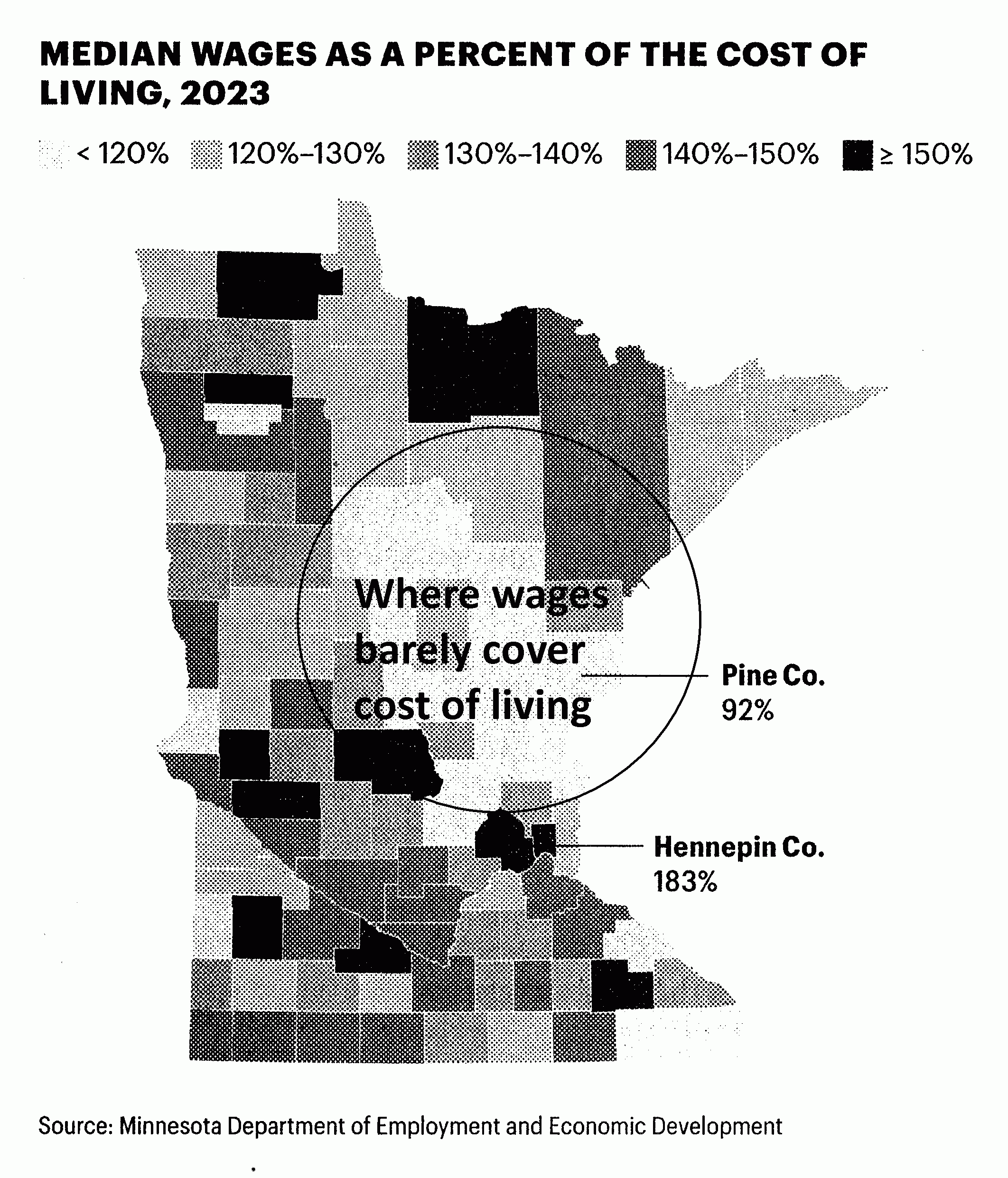Freedom from Precarity: collectively bargained, individually enjoyed
State Negotiations Tentative Agreement 2025: Online voting is from 8:00AM August 4th to 4:00PM August 8th 2025. AFSCME's negotiators recommended about 2-to-1 accepting raises (1.5/1.75%). The raises offered and accepted in previous agreement (4.5/5.5%) this time seem not so easily achieved, maybe a quick review here why that might be so. Is anything better possible for AFSCME?
After a reject vote to strike, Minnesota nurses, who've everyone has seen steadily, visibly and constantly picketing with signs about serious slippage in care quality standards at many multi-state hospital facilities, did accept 9.75% over three years that, by division, works out to 3.25% per annum. A strike was averted, perhaps due to extra pressure when the nurses added co-travellers, non-nurse doctors, practicioners and clinicians, because they too sensed collectively a growing problem of too many patients and too few staff.
In a time of demographic apocalypse, with too many old people and too few young people, one might expect increased healthcare demand, premium bloating and cost dodging and let's face it - old people becoming precarious is neither strange nor unnatural. Precarity is when insecurity and instability arises in depending on income from temporary, poorly paid, and sporadic work. Wide-ranging impacts on individuals' lives include social inequalities that can reduce access to necessary resources.
Economic precarity can entail social suffering or sleeplessness after endless toil that deteriorates mental and physical health of both working, 'currently out of work' or retired people. Sadly, there are too many who jump to the conclusion the cause of precariousness is the result of a neglectful failure of personal responsibility, or what results from a politically weaponized social or economic policy. Precariousness is so awful, so brutal, so unsparing how could such terrible misfortune arise spontaneously, or naturally.
In 2025, there's no denying that factory and manufacturing jobs are fewer, that non-AI or non-tech work comes up less often, that high-skill openings are not getting applied for at lackluster wages being offered. Robo-automation, including vehicles, plus the age demographic, have made what labor is needed now less industrial factory floor, more medical nursing and health care.
Check out map below, since 2009 entire country has slanted to reflect gerontocracy, which is older people everywhere getting away with running things their way knowing they will soon to outnumber the young 4 to1. State of Minnesota public service at MnDOT is not just some rusty bucketed and threadbare highway maintenance operation, highway workers do care that in Minnesota, troopers and others necessary to keep this state's highways running and safe, across the board there is less pay than in the surrounding region.
There is today more, not less, deadly mortal risk doing any job directly facing the public. And not just on the open highways. Public employment - sounds risky, but reflect a moment. Have you personally risked your life to save someone you do not know as something required and expected doing your job?
When one risk's valuing empathy as a moral motive, and one feels every life is precious, even among those those who do not flunk at the care thing, these days even the most conscientious and tireless public servant, nurse or doctor might end up attacked or shot dead without warning - for no reason that makes sense! Nurses, doctors, first responders, peace officers - not just MnDOT plowing highways, but all who track inventory, do maintenance work for public thoroughfares, are in some way caring for others or enforcing laws intended to keep people safe.
Do workers who enjoy remote work safely at home get a better shot at raising their families? Is that advantage unfair? Do better families matter, or not? Don't be too quick to answer that. Would you start a family for only $5000, not enough to cover childcare? Not every working parent has gratis grandparent childcare, retired aunts and uncles, on tap. Decisions about working conditions, or pay and insurance benefits, need to be made with members’ voices and consent at a proper negotiation table to be mutually agreed on to become acceptable, respectful changes in contractual workplace terms and conditions.
AFSCME Council 5 Executive Director Bart Andersen said:
"Let me be perfectly clear: as Executive Director of AFSCME Council 5, representing more than 18,000 state employees, we will not tolerate unilateral changes to our members’ work. The Administration’s decision to impose sweeping workplace policy changes without engaging our union and labor partners first is not just unacceptable—it’s an act of blatant disrespect. Our union members must have and deserve a seat at the table every step of the way. We are demanding full transparency and meaningful dialogue immediately. AFSCME Council 5, alongside our fellow labor union partners, will do whatever it takes to defend our members’ rights, safeguard their ability to work safely and effectively, and continue delivering high-quality public services for all Minnesotans."
The current Satewide TA for AFSCME shows, when it comes to winter's worst conditions of snow and ice in Minnesota, any extra agreement plans invoked by weather events must reflect a fully mutual understanding, in writing.
https://lowwagelifestyle.blogspot.com/2025/07/state-of-minnesota-mmb-hub...



